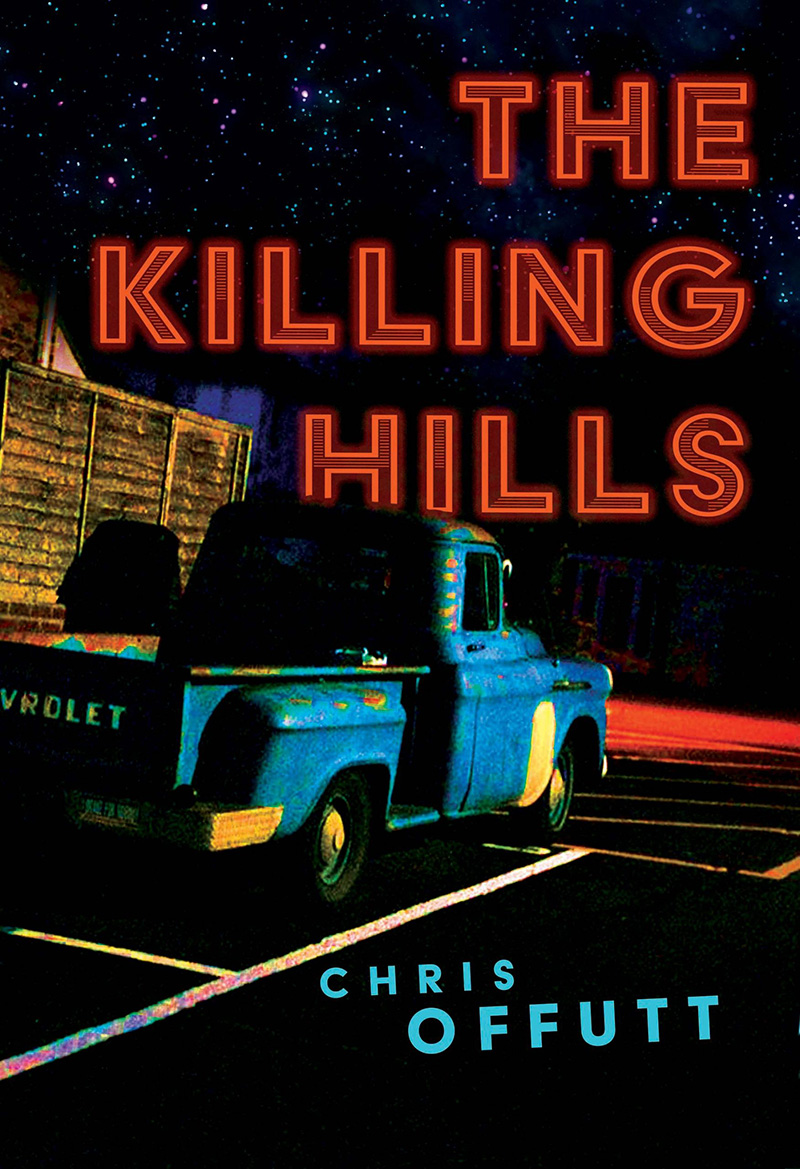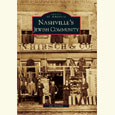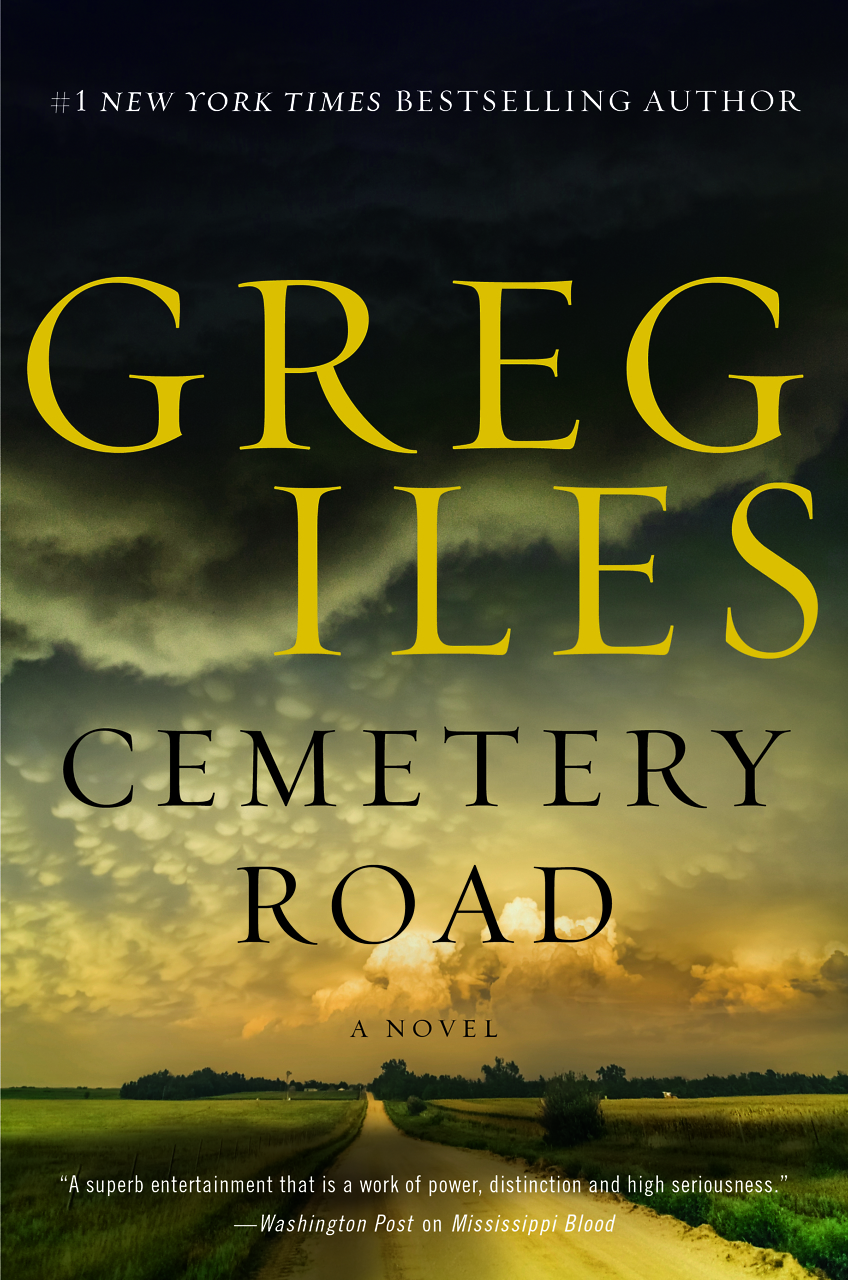A Spiritual Quest
Victor L. Wooten’s second book celebrates music as a living entity
Renowned bassist Victor L. Wooten has played in many styles and collaborations but is perhaps best known for the avant-garde fusion ensemble put together with banjo virtuoso Béla Fleck. His fluid, funky exploitation of an instrument usually relegated to the rhythm section makes it equal partner to Fleck’s own phenomenal playing of an instrument that usually has more downhome associations.
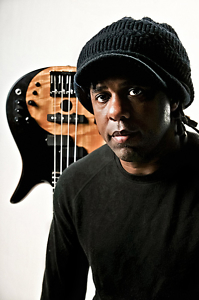 With his second book, The Spirit of Music — a follow-up to his 2008 debut, The Music Lesson — Wooten updates the classic hero’s journey, casting himself and a band of fellow musicians into a dire contest to save the world from an insidious enemy out to destroy music.
With his second book, The Spirit of Music — a follow-up to his 2008 debut, The Music Lesson — Wooten updates the classic hero’s journey, casting himself and a band of fellow musicians into a dire contest to save the world from an insidious enemy out to destroy music.
Music is actually a character in the story, a feminine divinity who, like the pagan gods of old, will die if ignored long enough. “I never realized that Music was a living entity — not like a human, a plant, or an animal, but living nonetheless,” Wooten writes. “Think of her like a spirit.”
And by “ignore,” Wooten means our tendency to treat music like a utility service, to be turned on and off or pushed to the background. Greediness in the music business that turns artists into commodities plays its part as well, and cuts to government arts programs may just provide the coup de grâce to the Goddess.
The adversary is personified as an army of party poopers called the Phasers, who have a mysterious technology that knocks sound waves “out of phase,” stifling music on the radio or records — or even in live performance, as in the final showdown in downtown Nashville. (Is there better locale for a musical quest?)
The Spirit of Music contains plenty of musical tradecraft — not so much as to alienate non-musicians but more than enough to authenticate the tale, including a sprinkling of quasi-religious puns like a discussion of the “G sus” chord.
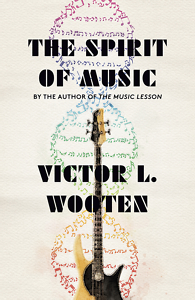 Completing the band of heroes is Wooten’s own guru, a man known only as Michael, whose querulous style seems to be inspired by a Zen Buddhism master. Wooten describes the relationship between teachers and students as a kind of Moebius strip. As he puts it: “It is the teacher’s role to point the student toward knowledge, but it is the student’s role to learn it.”
Completing the band of heroes is Wooten’s own guru, a man known only as Michael, whose querulous style seems to be inspired by a Zen Buddhism master. Wooten describes the relationship between teachers and students as a kind of Moebius strip. As he puts it: “It is the teacher’s role to point the student toward knowledge, but it is the student’s role to learn it.”
Later, as teacher himself, Wooten continues to learn: “My role became much easier when I remembered to stop trying to teach. Michael had repeatedly reminded me that he could teach me nothing and that he could only show me things.”
To Wooten, music’s true essence is much more than the mere acoustic vibrations channeled by instruments and voices. It is a living entity that permeates Nature itself — as demonstrated when flocks of shrieking birds arrive like the cavalry during the battle with the Phasers on Music Row.
Wooten is a sucker for some corny puns at times, like “pre-pairing” (assigning a buddy system for his fellow warrior-musicians) and jokes about how “now” equals “the present” and “present” is “a gift.” He numbers chapters as “measures.” Readers will have a lot of fun with Wooten’s theories on the interconnectedness of words, numbers, body parts, and music. This philosophy takes on a kind of numerological reflexology that is uncanny when it’s not eye-rolling cute.
Don’t be a Phaser, Wooten instructs us. If you want a role in his crusade, there’s only one thing you need to do to save music: Listen. Really listen.
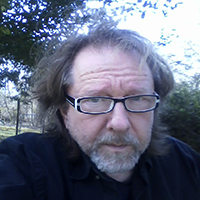
Jack Rentfro is a former newspaperman, now finding more satisfaction growing sweet potatoes. Quarantine permitting, he also performs around Knoxville with his musical spoken word act, Jack Rentfro and the Apocalypso Quartet, as certain YouTube clips may attest.
